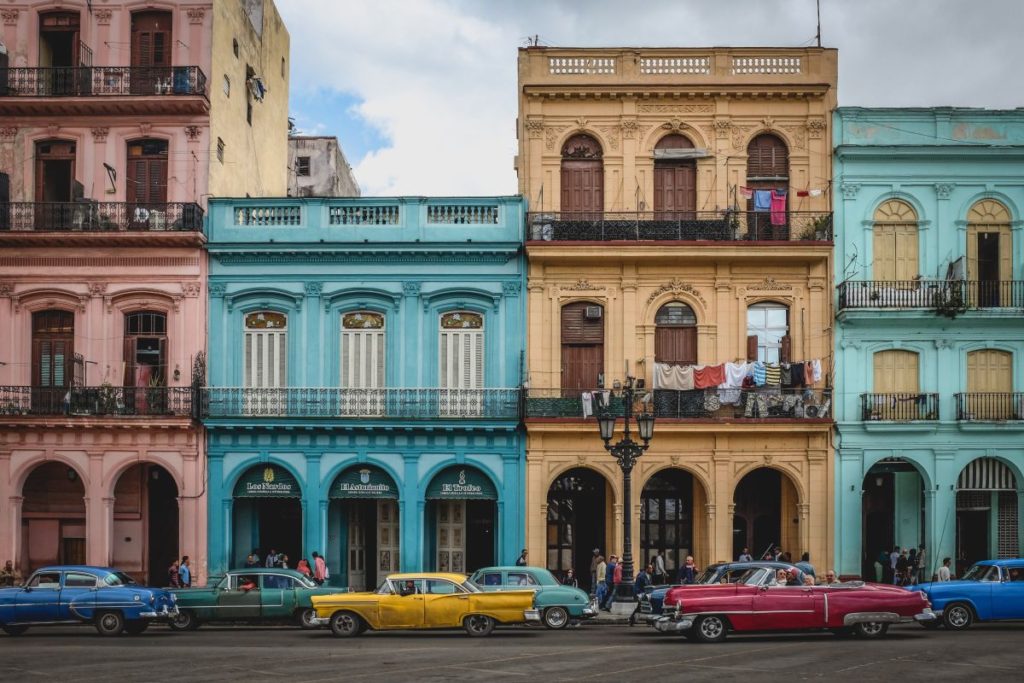Mary Cipperman ’21

Photo courtesy of CNN.com
Over the past few months, the Trump administration announced restrictions on individual travel to Cuba, in an effort to limit its economy. Episcopal Academy’s Cuba May Term trip is continuing despite these challenges.
John Bolton, national security advisor, states that “The Department of the Treasury will implement further regulatory changes to restrict non-family travel to Cuba,” The New York Times reports. He hopes to divert wealth from Cuba through new restrictions. He terms American traveling “veiled tourism,” suggesting ulterior motivations for individual movements.
The Department of Treasury announced two major reforms. Americans will no longer be able to patronize military-run businesses or hotels that The Armed Forces Business Enterprises Group (GAESA) oversees. Furthermore, they will not be able to travel under the “People to People” travel category.
From the period 1999 to 2003, the United States granted licenses for educational and religious trips. While the Bush administration revoked these policies, the Obama administration reinstated certain individual travel licenses in 2011. Further expansion in 2016 allowed for Americans to travel on their own to Cuba under twelve approved categories.
The Trump administration has reversed many of these policies and as of 2017 Americans can only visit Cuba as part of an educational tour. Direct flights and cruises to Cuba persist.
Robert Trumbull explains that these new policies will affect the Cuba trip. The students will travel under an educational visa. He says that the Trump Administration “has certainly made travel to Cuba more difficult.” He explains, “At least one of the hotels we stayed at last time we went we are unable to stay again due to it being affiliated with the Cuban military.”
Arjun Bhamra ’22 predicts substantial cutbacks to the accessibility of travel. “While it may achieve a political agenda,” he says, “it also hinders opportunities to learn more about foreign cultures.” Yvonne Chen shares this sentiment. “It’ll definitely make logistics for the may term more difficult – possibly making future trips less accessible,” she says.
Jennifer Maier, Upper School English teacher and chaperone explains that “We already had our plane tickets purchased and hotels booked.” This lessened the impact of the new reforms. Trumbull explains the many educational and cultural benefits of traveling to Cuba. “The people we met were wonderful and so happy to have Americans visiting,” he says. “Parts of Cuba are like stepping back in time with the old cars from the 1950s that have been maintained all these years. The food was great (even if we tired of flan) and the country is beautiful.” He especially enjoyed visiting a high school in Cuba to speak with students and teachers.
Students will explore Old Havana, visit the Museum of the Revolution, hike, take cooking lesson, visit the Bay of Pigs, and enjoy Cuba’s beaches. Trumbull elaborates, “We will also be interacting with the Cuban people as we go out for our meals and shopping.”
The Cuba trip promises a valuable opportunity for educational exploration. However, it may represent a finite window for traveling Americans.